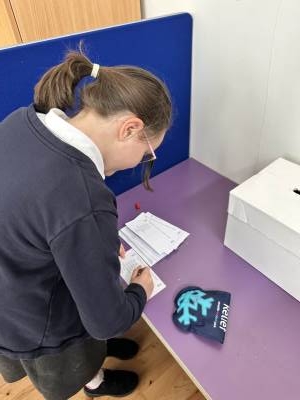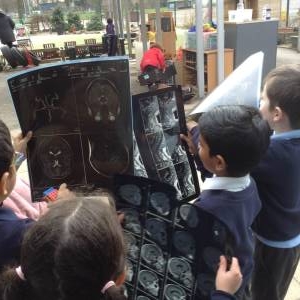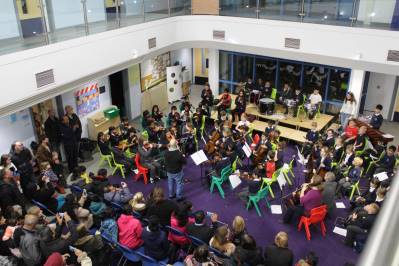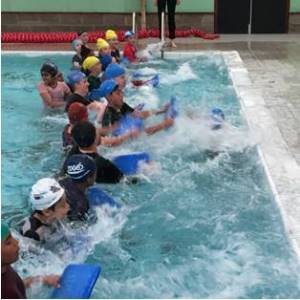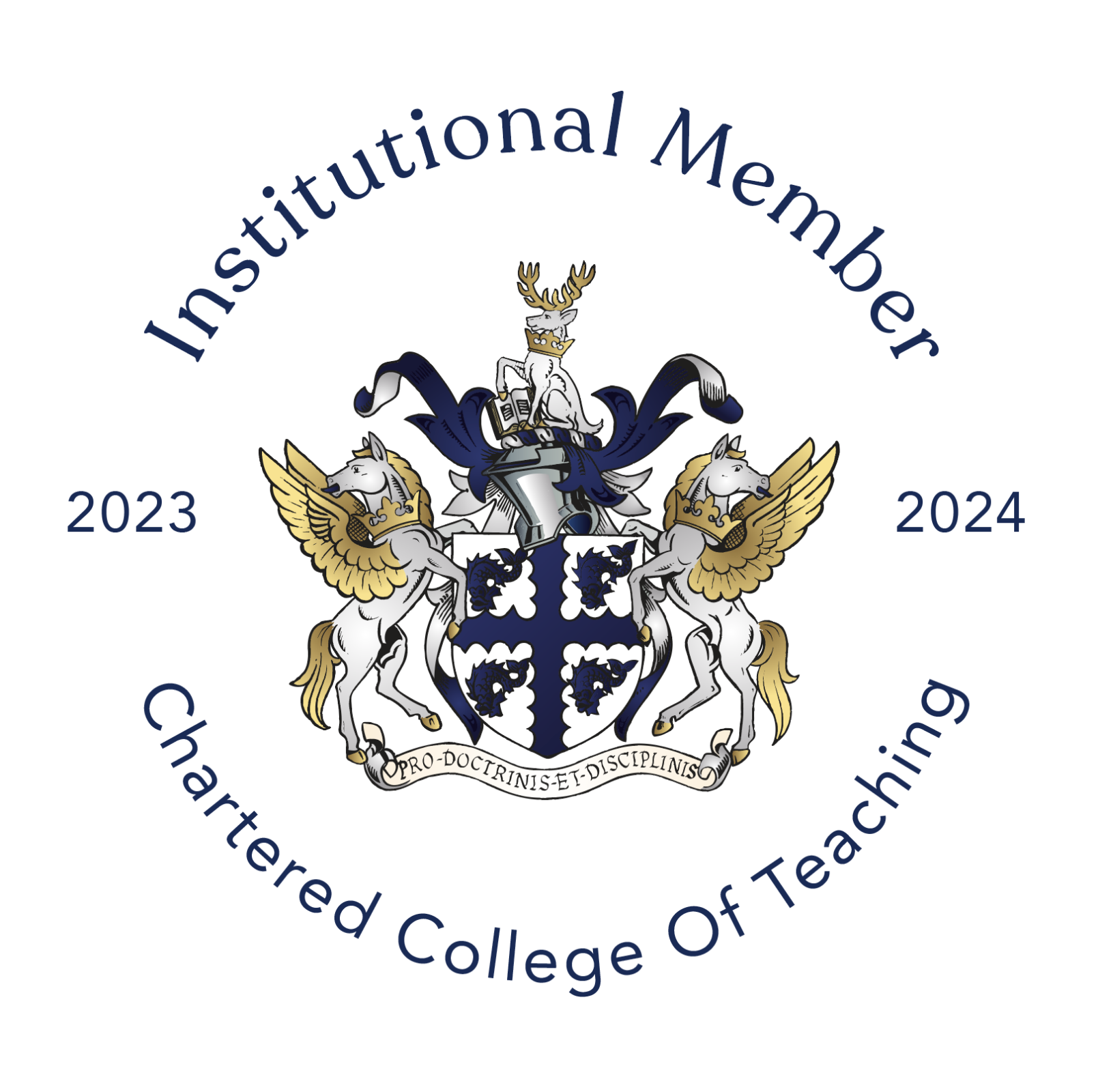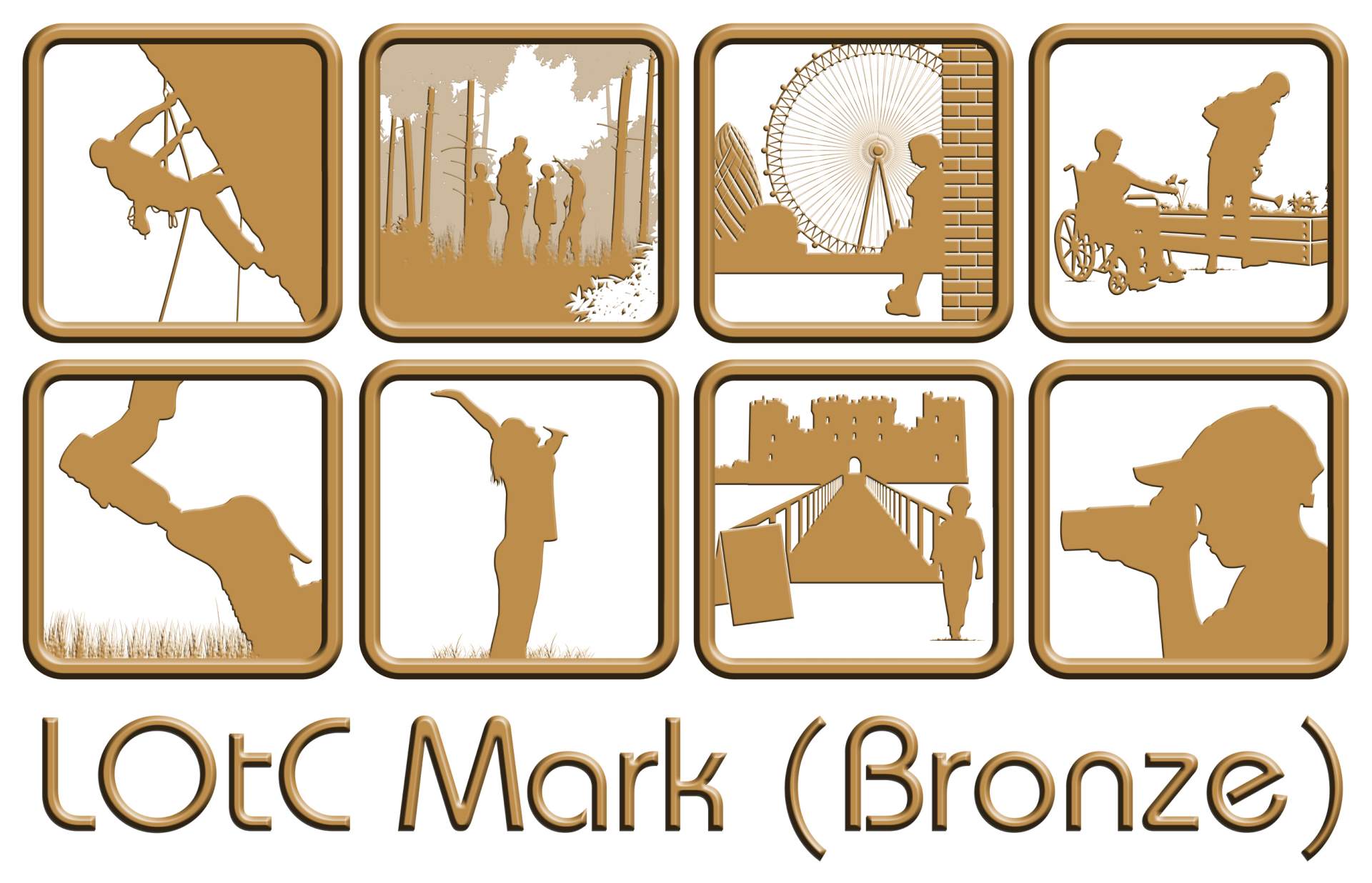Assessment
Assessment
Children are continuously assessed by their teachers as part of the normal classroom teaching. We believe it is important to involve the children in determining what they have learnt and what they need to do to improve. We have very clear steps for success which the children are involved in developing, and so they understand the criteria that is needed to ensure they improve.
Twice a year we report on children’s attainment to parents, showing their progress across the curriculum including reading, writing and mathematics, and an overview of how each child is socially. We want to see how the whole child is improving, not just English and Mathematics.
Twice a year in learning conferences the children have the opportunity to talk about their learning, what they are proud of, and what they need to do to further improve with their teachers and home adults. The teacher talks through the school progress report and is able to discuss what parents can do at home to help their child/ren develop. If parents have any further queries about how to support learning at home, an appointment can be made to see the class teacher at any point in the school year. We see this area as a partnership between parents, teachers and, most importantly, the children. These are done either online or in person, parents can choose at the time of booking.
Marking, assessment and feedback
Performance Data - Results
The results in the school are improving. However, it is difficult to compare year on year at Lakenham, as the mobility (numbers of pupils who move in and out of the school within a year) is significantly higher than schools nationally. This is due to a range of factors, including the joy of a large number of our families coming to the UK to work and then returning to their home country at the end of short term contracts.
Results Over time
Mobility at Lakenham is very high. Each year approximately 30-35% of pupils change, due to families moving in and out of the area for work. Some of our families come to Britain on short term contracts from all around the world to work at Aviva. Consequently with these change of numbers, it is very difficult to compare the results at Lakenham to other schools. The progress that children make while with us is strong.
"The government did not publish KS2 school level data for the 2021 to 2022 academic year. The last available public data is from the 2018 to 2019 academic year. It is important to note that the date from that year may no longer reflect current performance.


